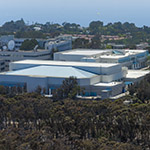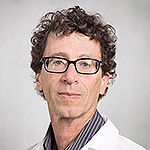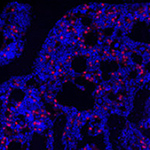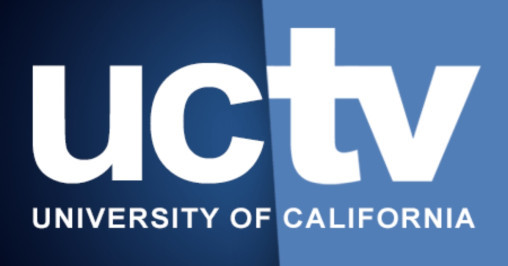UC San Diego Health Opens Vaccination Site on University Campus
UC San Diego Health will open a new COVID-19 vaccination site on the main campus of University of California San Diego, serving vaccination-eligible UC San Diego Health patients as well as UC San Diego faculty and staff.


















